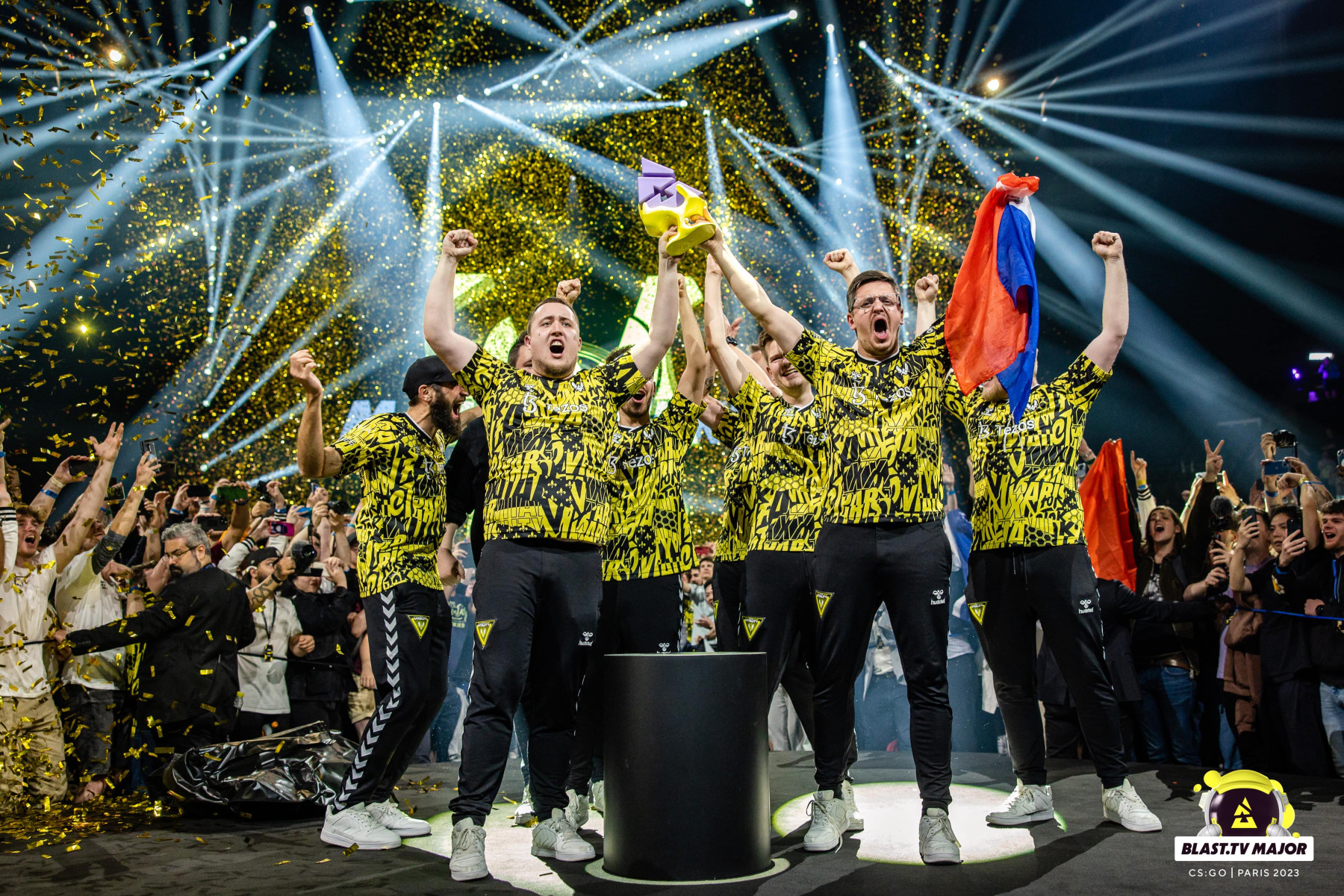The Ultimate Guide to BaoXing Bags
Explore the latest trends and styles in BaoXing bags.
Click, Clack, Coordination: Hitting the Right Notes in CSGO Teams
Unlock the secrets to perfect teamwork in CSGO! Discover expert tips to elevate your game and hit all the right notes with your team.
Understanding Team Roles: The Building Blocks of Coordination in CSGO
In Counter-Strike: Global Offensive (CSGO), team roles are essential for effective coordination and strategy execution. Each player must understand their specific role to contribute to the team's success. Roles can typically be categorized into several key areas, including Entry Fraggers, Support Players, and AWPers. An entry fragger, for instance, is responsible for initiating fights and creating space for the team, while support players assist by providing cover and utility usage. Recognizing and mastering these roles allows teams to optimize their strengths and address weaknesses during gameplay.
Moreover, understanding team roles fosters better communication and cooperation among players. When team members are clear about their responsibilities, they can devise more effective strategies and execute coordinated attacks. This leads to a significant increase in overall performance as players can anticipate each other's movements and actions. To achieve this, teams should consider regular practice sessions focused on role-specific training and team drills. Doing so not only enhances individual skill sets but significantly improves overall team synergy, making it a vital aspect of competitive CSGO play.

Counter-Strike is a popular first-person shooter game that has captivated millions of players around the world. Known for its competitive gameplay, players can explore various strategies and weapon choices to enhance their performance. For those looking to improve their skills, finding the right settings is crucial. You can check out donk cs2 settings to optimize your gameplay experience. Whether you are a seasoned veteran or a newcomer, understanding the mechanics of Counter-Strike can lead to thrilling matches and unforgettable moments.
Communication Strategies for Success: How to Improve Your CSGO Team Dynamics
Effective communication is the backbone of successful CSGO team dynamics. To ensure that your team operates cohesively, it's essential to establish clear communication protocols. Begin by setting up a dedicated voice channel where all team members can join during practice and matches. This not only helps in relaying important information quickly but also fosters a sense of unity among players. Moreover, consider implementing a structured communication hierarchy, allowing players to assign roles such as shot-callers or strategists. This helps in minimizing confusion and ensures that critical decisions are made swiftly.
Another proven strategy is to regularly engage in team-building activities. These can range from casual gaming sessions outside of competition to formal workshops focused on improving interpersonal skills. For instance, conducting debriefing sessions after matches can help identify communication breakdowns and provide a platform for constructive feedback. By discussing what worked and what didn’t, you empower your team to grow and adapt, ultimately enhancing core dynamics and performance in CSGO. Remember, strong communication not only enhances gameplay but also builds trust and camaraderie among teammates.
What Makes a Winning CSGO Team: Essential Coordination Techniques
Building a winning CS:GO team requires more than just individual skill; it hinges on effective coordination techniques that enhance teamwork and communication. One of the most crucial elements is establishing a clear communication strategy. Teams should adopt a specific nomenclature for callouts to ensure that information is shared quickly and accurately during matches. Implementing regular practice sessions can help to reinforce these terms and encourage players to talk through in-game scenarios, allowing for strategic coordination that can make or break a match.
Another essential coordination technique involves role specialization. Each team member should have defined roles, such as entry fragger, support, or AWPer, allowing players to focus on their strengths while working cohesively with others. This separation of responsibilities not only minimizes chaos during gameplay but also fosters trust amongst teammates, as each player understands the expectations of their roles. Furthermore, incorporating strategic rehearsals, where teams simulate specific match situations or tactical plays, can dramatically improve their coordination and overall performance in high-pressure environments.